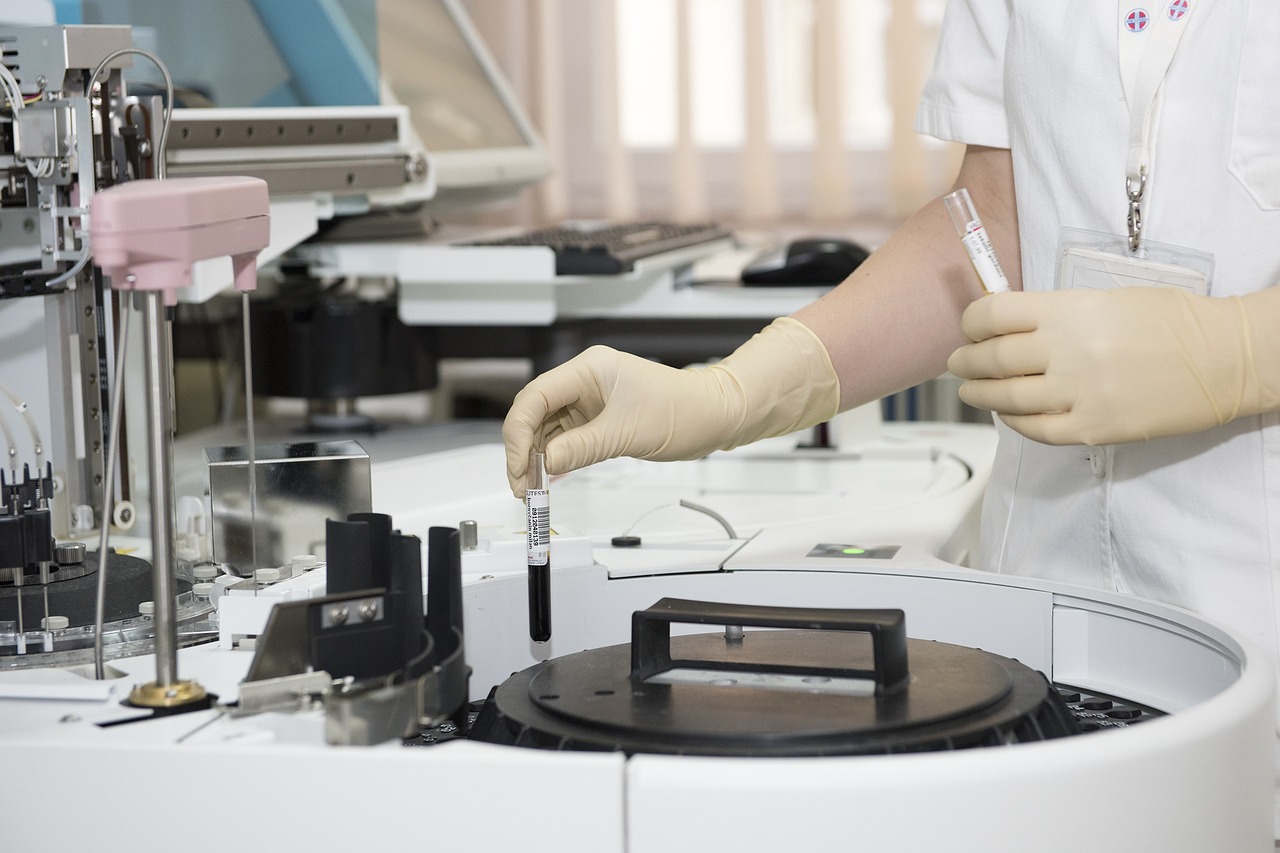Combating HIV in Wales
 Globally, in 2020, AIDS-related illnesses claimed 680,000 lives, while 1.5 million people contracted HIV, marking a persistent public health challenge. Wales has made significant strides in recent years in the fight against HIV. Here’s a look into the comprehensive approach embraced by the Welsh Government to combat HIV in the country.
Globally, in 2020, AIDS-related illnesses claimed 680,000 lives, while 1.5 million people contracted HIV, marking a persistent public health challenge. Wales has made significant strides in recent years in the fight against HIV. Here’s a look into the comprehensive approach embraced by the Welsh Government to combat HIV in the country.
Despite Wales having a relatively low infection rate, there has been a troubling increase in HIV cases from 2021 to 2022, with 48 newly diagnosed individuals and around 2,800 people seeking care for HIV. Between 11% and 18% of them are unaware of their infection, perpetuating transmission and compromising health outcomes. New diagnoses of HIV in Wales are prevalent among males, particularly those aged 35 to 49 and white people.
The Welsh Government’s Response
In 2022, the Welsh Government unveiled its ambitious HIV Action Plan, outlining a strategic initiative aimed at eliminating new cases of HIV by 2030. Grounded in the principles of zero tolerance for HIV-related stigma and active involvement of people living with HIV, the plan comprises five priority areas:
1. Prevention
The Welsh Government’s proposal to improve access to Pre-Exposure Prophylaxis (PrEP) is a significant stride in the battle against HIV in Wales. PrEP, a preventive medication that reduces the risk of vulnerable groups contracting the virus, has played a major role in reducing the risk of HIV transmission. The Welsh Minister for Health and Social Services, Vaughn Gething, championed a trial in the summer of 2017 that provided PrEP to those at the highest risk of HIV in the country, resulting in a remarkable 75% decrease in new HIV diagnoses between 2015 and 2021.
2. Testing
The Welsh Government’s efforts to increase testing have been pivotal in combating HIV in Wales. In 2021, new HIV diagnoses increased by 56.5%, with 60 reported. The year 2022 saw an 11% increase in HIV testing, with 64,505 people screened. Early detection and intervention are crucial to curb the virus’s spread.
3. Clinical care
The Welsh Government promises to provide specialist care swiftly to newly diagnosed individuals, ensuring they see a specialist within two weeks of diagnosis. These individuals can then receive clinical support and psychological assistance, promoting ongoing care and support for people living with HIV.
4. Living well with HIV
Further, the Welsh Government launched a national peer support program in March 2023. Based on research by Cardiff University, this program aims to provide comprehensive support to people living with HIV, promoting overall well-being in physical and mental health.
5. Tackling HIV-related stigma
The Positive Voices National Survey in 2017 revealed alarming statistics. One in seven HIV-positive patients in Wales admitted to never disclosing their HIV status outside the health care setting. Similarly, 21% of HIV patients in Wales avoided seeking health care when they needed it in the last year due to fear of discrimination or judgment. The Welsh Government’s plan underscores the importance of eradicating HIV-related stigma, advocating for widespread promotion of the message that effective treatment prevents HIV transmission and ensures consistency in HIV training modules.
Charity Spotlight: The Terrence Higgins Trust Cymru
The Terrence Higgins Trust Cymru (THTC) is committed to aiding Wales in achieving its ambitious goal of zero new HIV cases by 2030. Rhys Goode, Head of THTC, conveyed in a statement to The Borgen Project: “Sexual health services across the U.K. are at breaking point as they are overstretched and underfunded while STI rates are at record highs. The rollout of free postal STI testing, which is available 365 days a year in Wales, has been a game changer and had a huge impact in driving up testing and diagnosing people with STIs. But there are still barriers that prevent thousands across the nation and in England and Scotland from taking charge of their sexual health. These must be addressed urgently for Wales to stay on track to end new cases of HIV by 2030.”
Media Sparking Conversation: An Alternative Angle
The 2021 acclaimed British TV drama series “It’s a Sin” had a profound impact on societal perceptions of HIV and AIDS, particularly in Wales. The show prompted a surge in awareness and proactive responses; the Terrence Higgins Trust charity reported a remarkable spike in demand for HIV testing kits, with 8,207 orders placed in a single day, a substantial increase from the previous record of 2,709.
Conclusion
While Wales has made commendable progress in reducing new HIV diagnoses, the fight is far from over. The HIV Action Plan for Wales 2023-2026 serves as a robust framework, illustrating the government’s commitment to achieving zero new cases by 2030. The nation is taking strides towards a future free from new HIV cases, exemplifying a comprehensive and collaborative approach to combat the virus.
– Madeleine Norris
Photo: Pixabay
